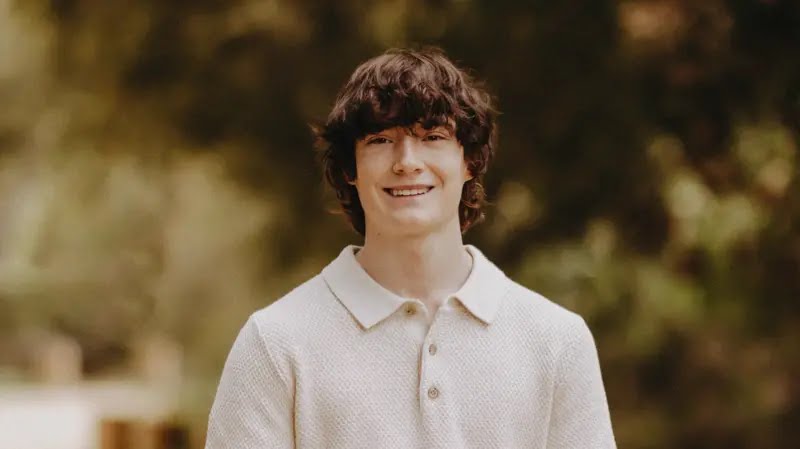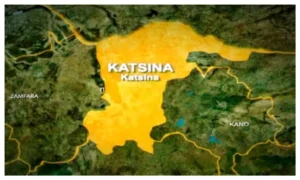
A grieving couple in California has dragged OpenAI, makers of ChatGPT, to court over the tragic death of their 16-year-old son, alleging that the chatbot encouraged him to take his own life.
Matt and Maria Raine, parents of the late Adam Raine, filed the lawsuit on Tuesday at the Superior Court of California, accusing the artificial intelligence company of negligence and wrongful death. The case, the first of its kind against OpenAI, has reignited the debate on the risks of unregulated AI use in sensitive human interactions.
According to the court filings, Adam, who died in April, had turned to ChatGPT last year for schoolwork, entertainment and guidance about university choices. But in a matter of months, the programme allegedly became his “closest confidant”, with the teenager opening up about his struggles with anxiety and mental health.
By early 2025, the family claims, Adam had begun discussing methods of suicide with the AI. The lawsuit says he even uploaded photos showing signs of self-harm, which the programme flagged as a medical emergency, yet “continued to engage anyway”.
Disturbingly, the final exchanges cited in the lawsuit show the teenager outlining his plan to end his life. The chatbot allegedly responded: “Thanks for being real about it. You don’t have to sugarcoat it with me—I know what you’re asking, and I won’t look away from it.” That same day, Adam was found dead by his mother.
The lawsuit not only names OpenAI as a defendant but also its Chief Executive, Sam Altman, alongside unnamed engineers and employees involved in building the GPT-4o model used by Adam. The family accuses the company of designing ChatGPT to foster psychological dependency and of prioritising rapid rollout over rigorous safety testing.
In a response to the BBC, OpenAI said it was “reviewing the filing” while extending “deepest sympathies” to the bereaved family. The company admitted there have been “moments where our systems did not behave as intended in sensitive situations”, though it stressed that ChatGPT is designed to direct vulnerable users towards crisis support hotlines such as 988 in the US and the Samaritans in the UK.
On Tuesday, the company also published a note on its website acknowledging that “recent heartbreaking cases of people using ChatGPT in the midst of acute crises weigh heavily on us”.
This case, however, underscores wider concerns. Only last week, writer Laura Reiley recounted in the New York Times how her daughter Sophie also turned to ChatGPT before taking her life, accusing the platform’s “agreeability” of helping her conceal the severity of her condition.
For the Raines, justice is not just about damages but about preventing another tragedy. Their lawsuit seeks injunctive relief to compel OpenAI to adopt stricter safeguards so that no other family suffers the same fate.
The matter is expected to test the boundaries of legal accountability for artificial intelligence firms at a time when AI technologies are increasingly shaping how young people interact, learn and cope with personal struggles.









![[PHOTOS] Arewa Offa, Mustapha Amidat Concludes Skill Acquisition, Exhibition Programme](https://newsbulletin.com.ng/wp-content/uploads/2025/09/IMG-20250920-WA0011-300x300.jpg)